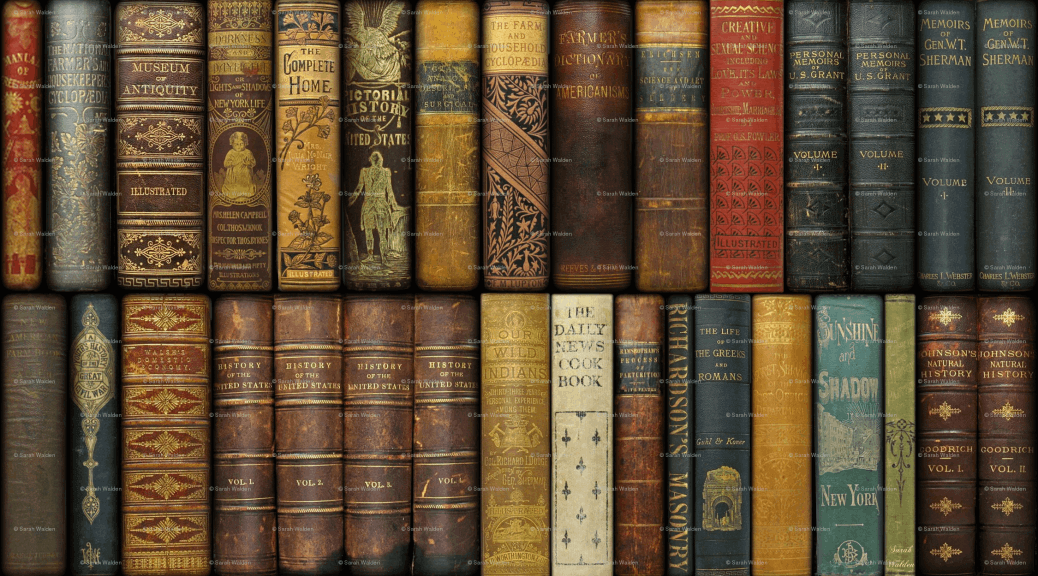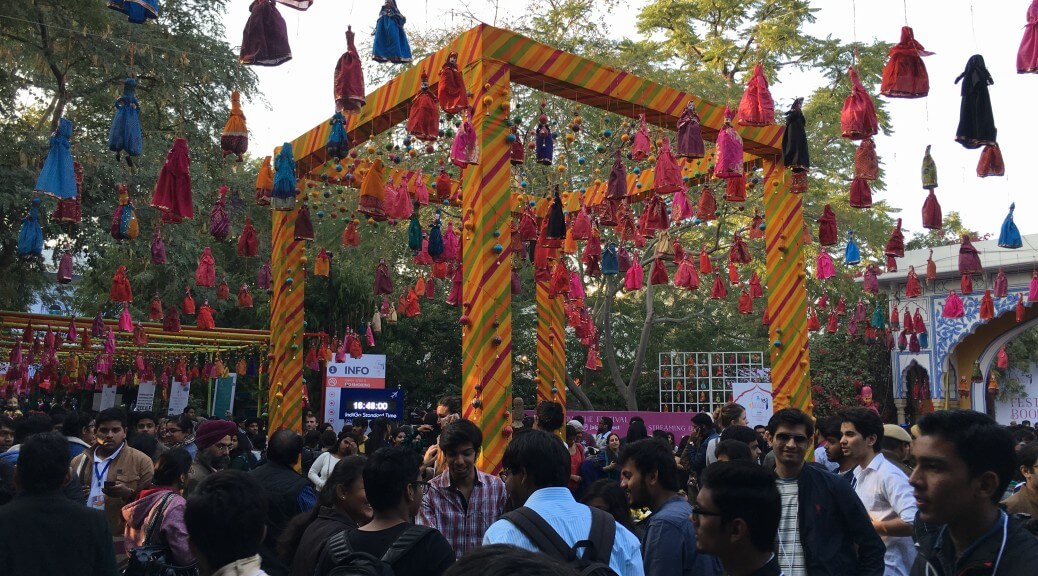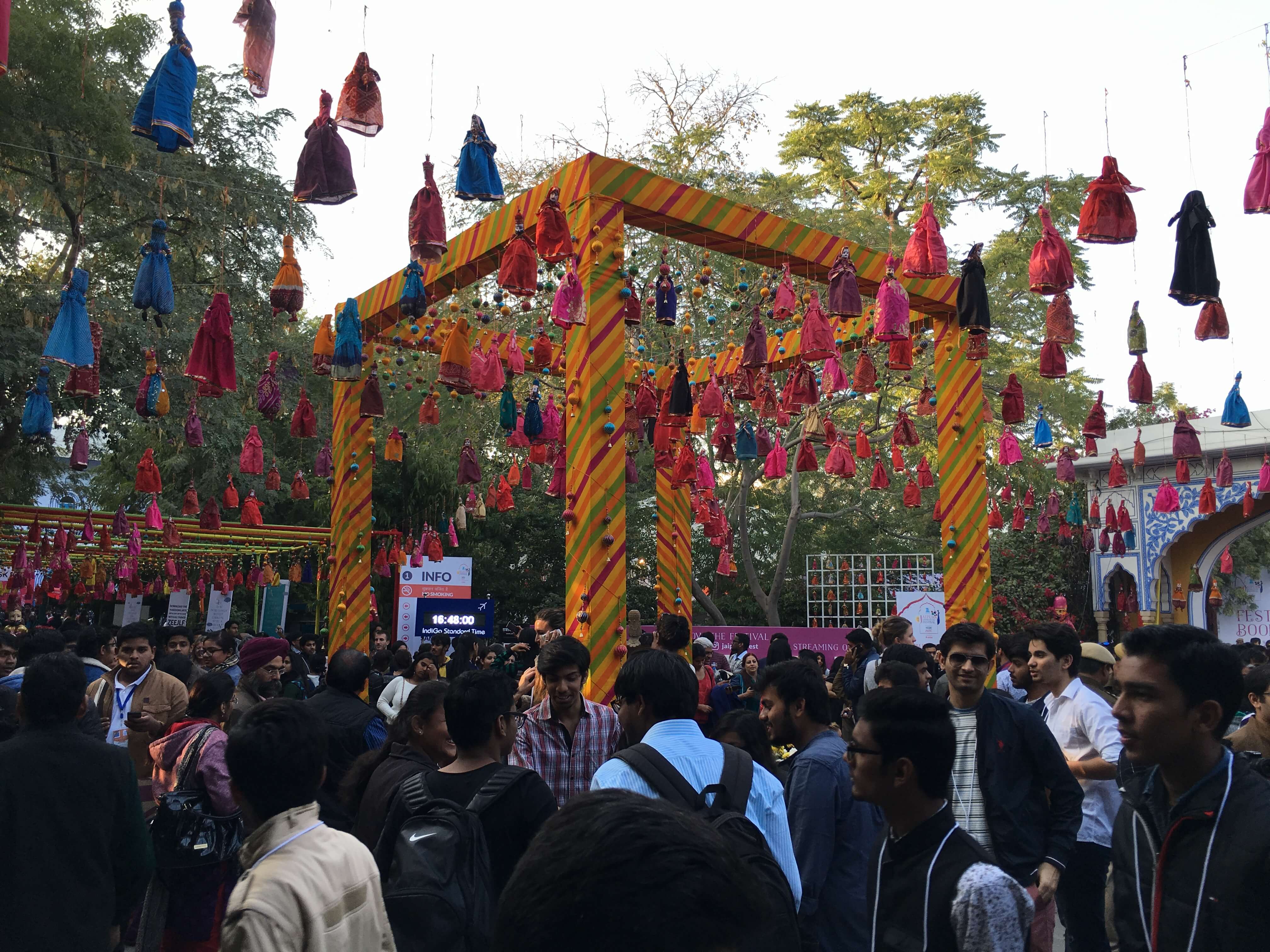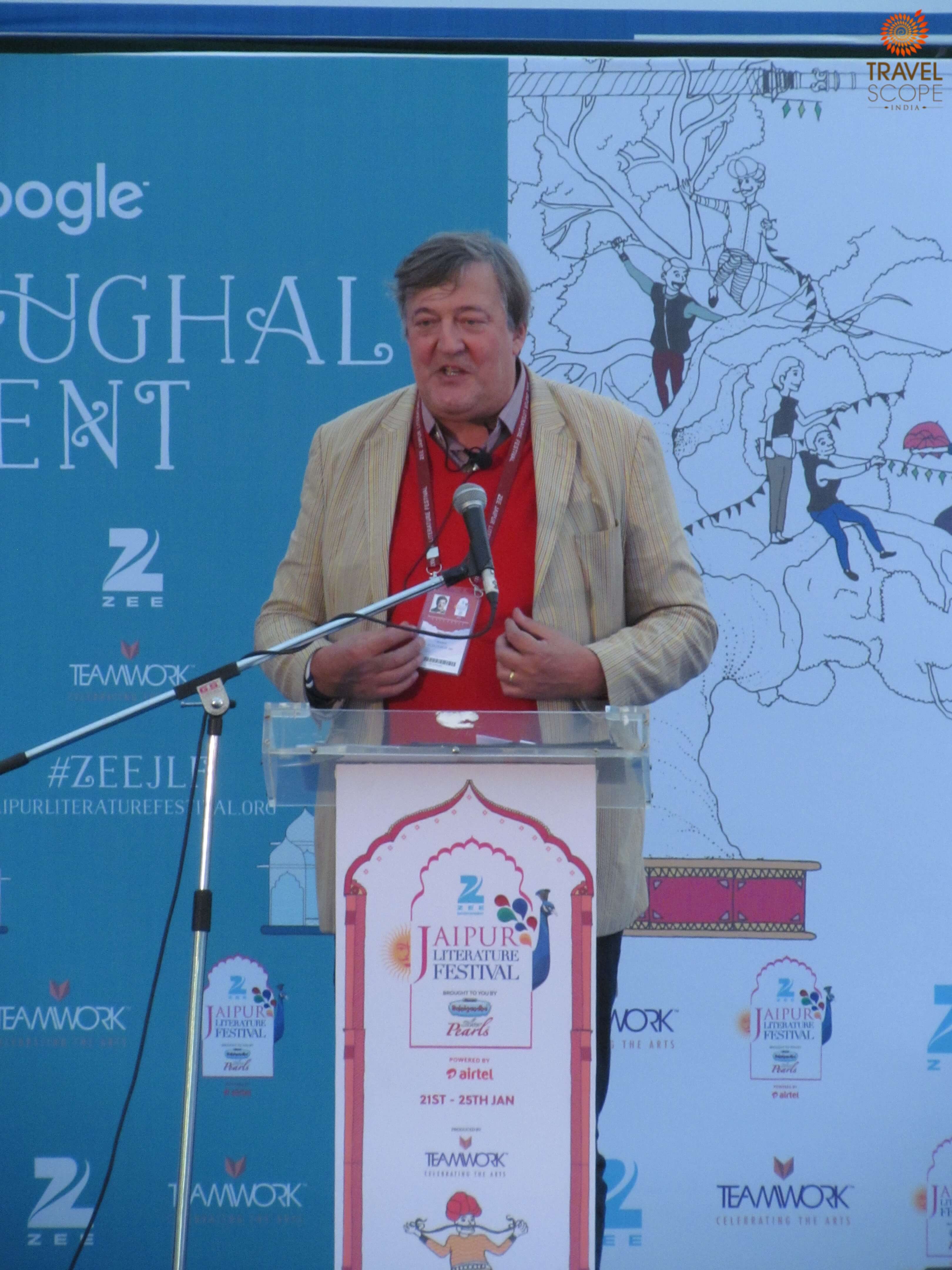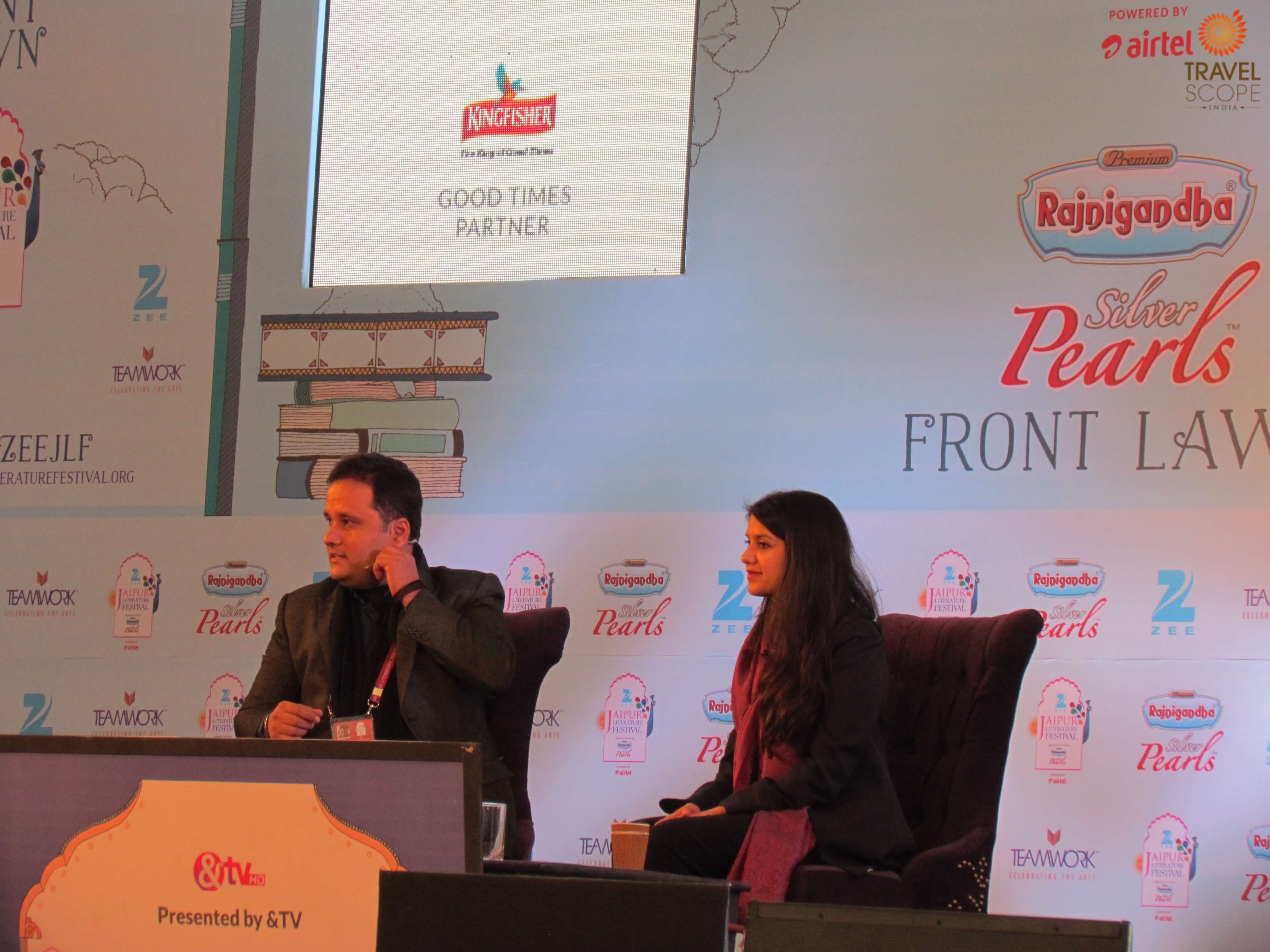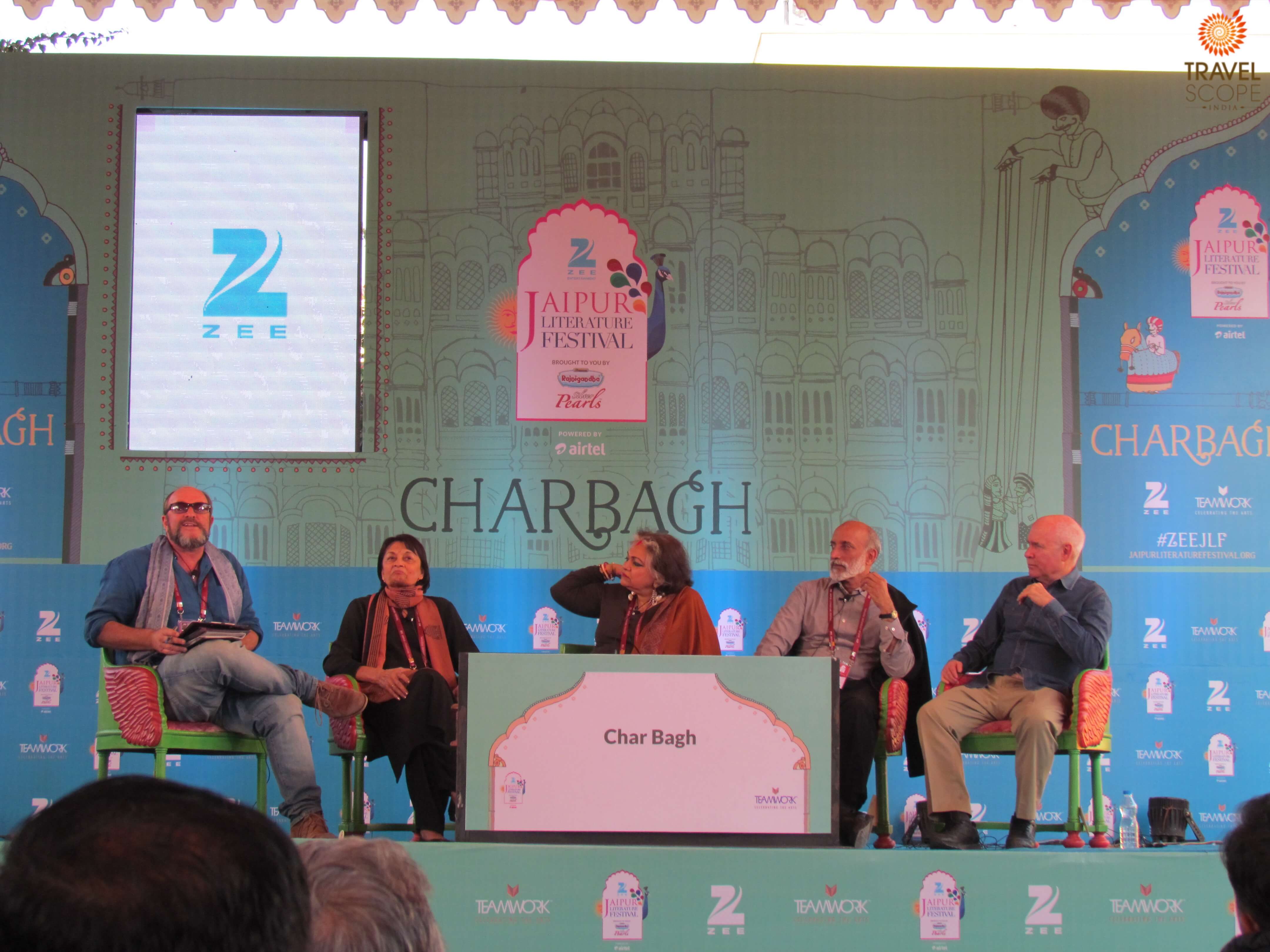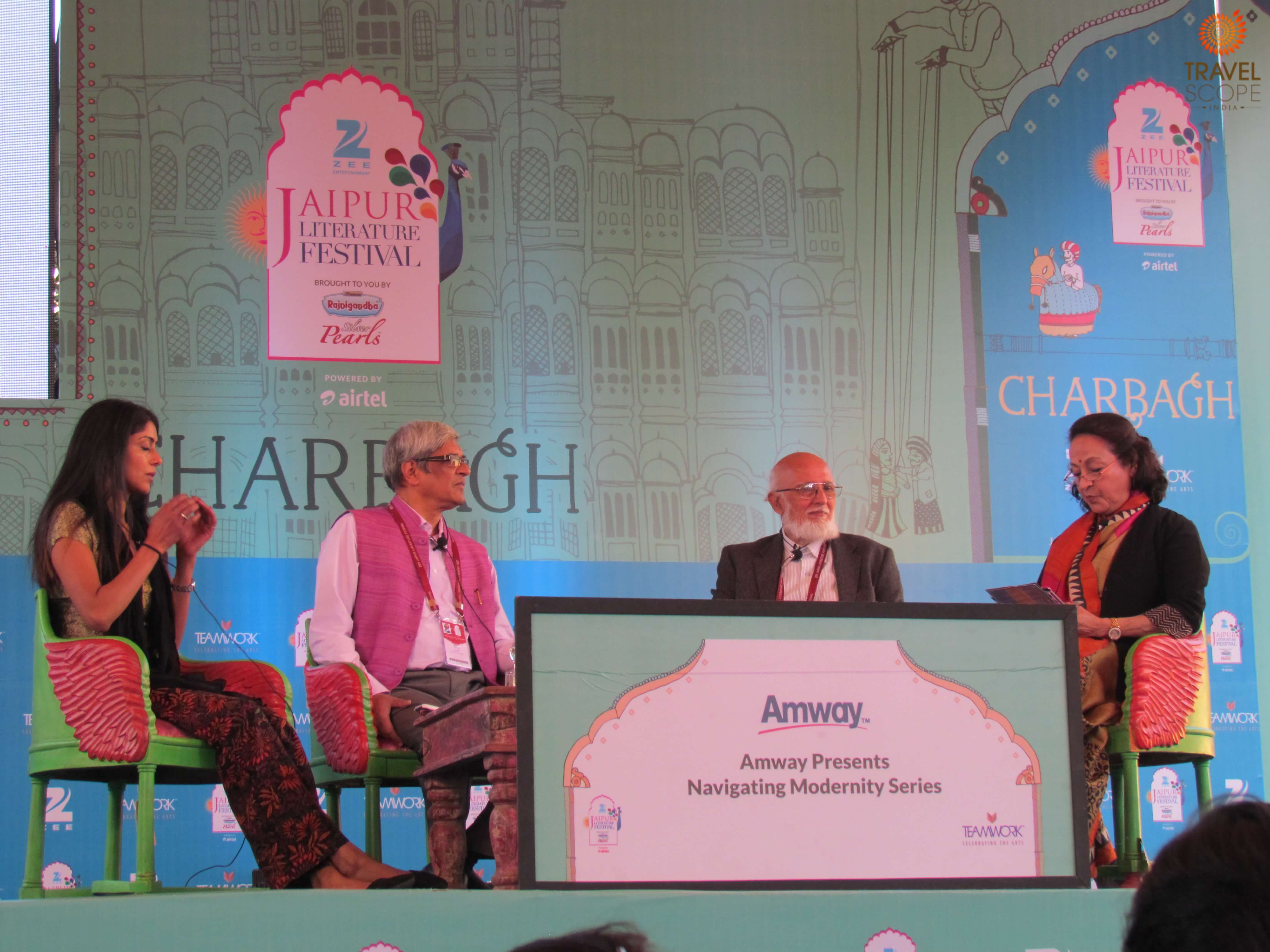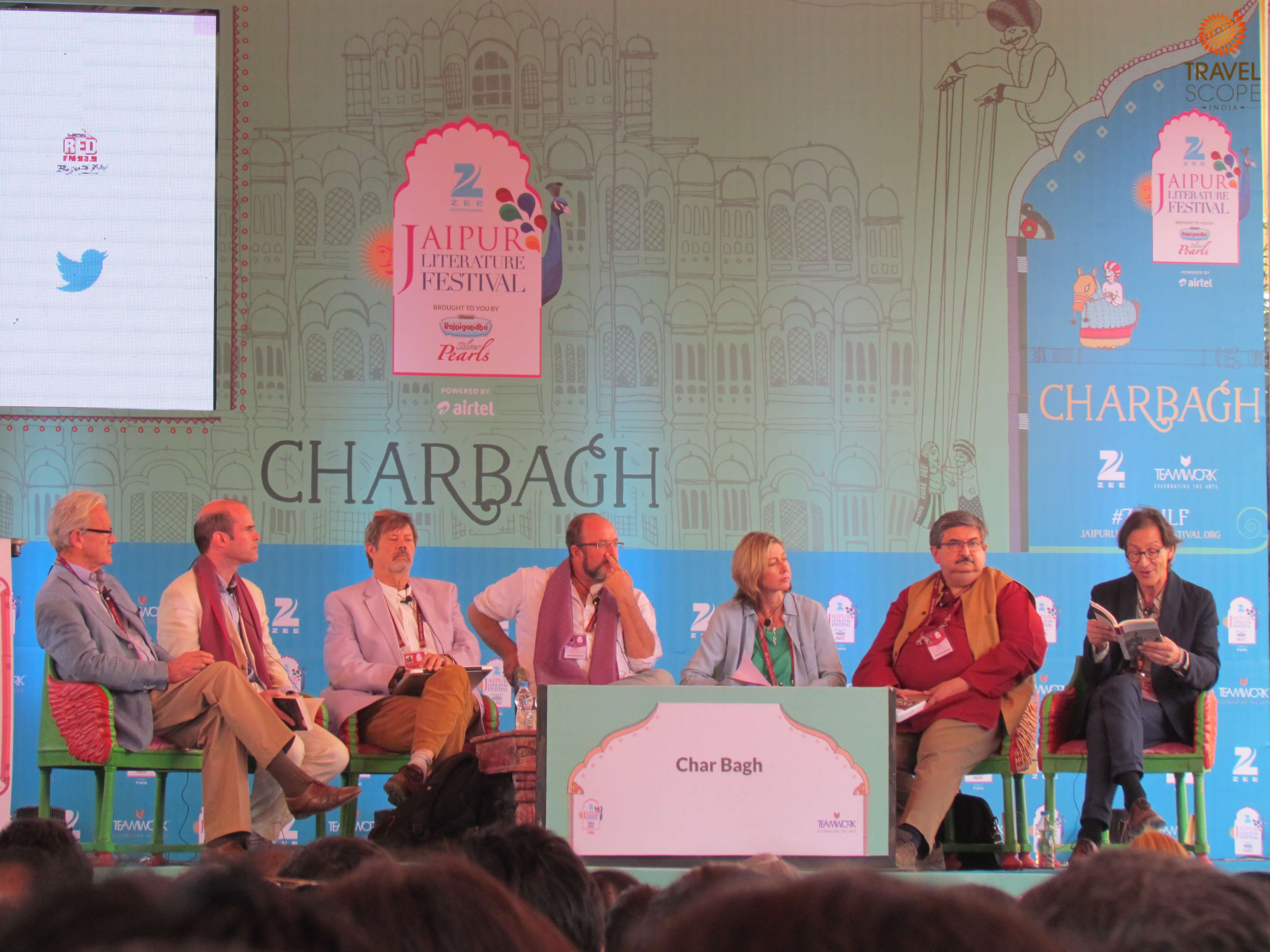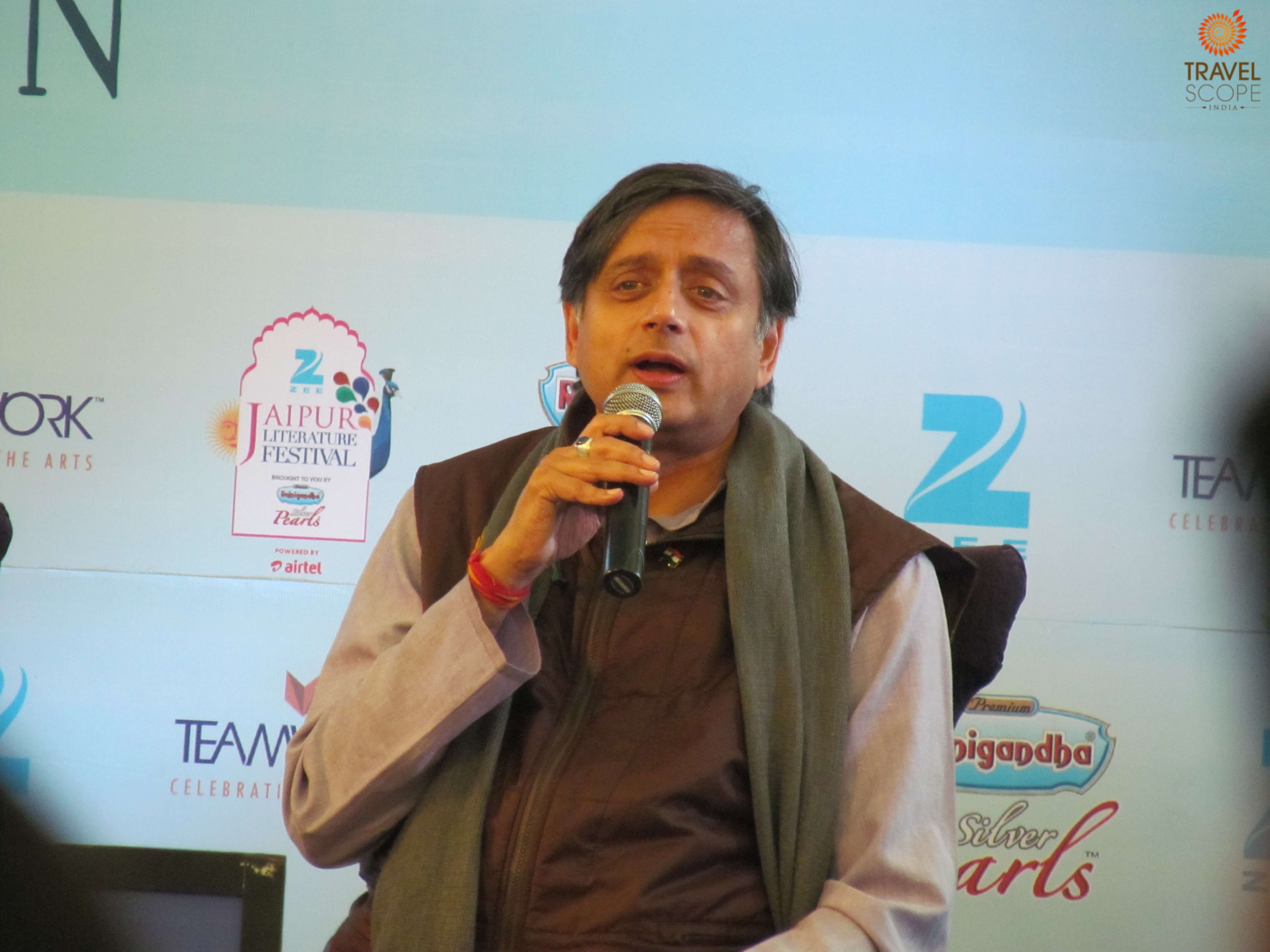There are books that inspire travel, and travels that inspire books. This blog will be both – some books that inspired travel across India, and some adventures that inspired novels, which perhaps in turn will inspire you to chart your own journeys across India. Keeping with this month’s theme, these books also touch upon the rivers of India, as a backdrop or an inspiration – and these tales are woven around rivers.
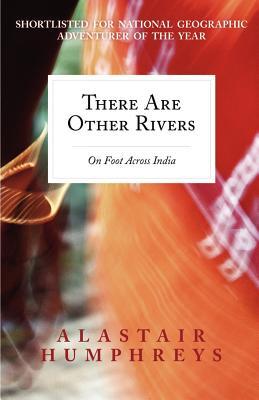 There Are Other Rivers: On Foot Across India
There Are Other Rivers: On Foot Across India
Alastair Humphreys
Genre: Non-Fiction / Travel
If you love travel novels based on first-person journeys on the open road, Alastair Humphreys’ There are Other Rivers could be a great addition to your library. The author traipsed alone across India from the east coast to the west along the course of a sacred river. Along the way, he slept beneath open skies or under the roofs of hospitable strangers, and this novel charts his walk across the country, on a shoestring budget. What he lacked in luxuries, he made up for in sheer experiences and adventures – and his journey could inspire other adventure travelers to venture on the road less taken.
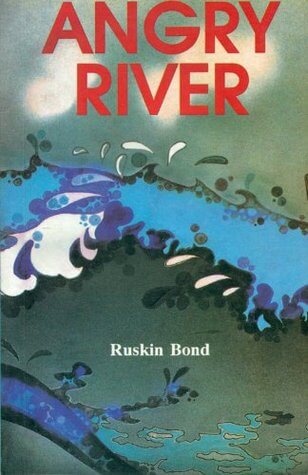 The Angry River
The Angry River
Ruskin Bond
Genre: Children’s Fiction, Short Stories
Ruskin Bond’s narrative is distinct in its lyrical quality, and his stories usually revolve around simple, everyday lives and incidents. The Angry River, at first glance seems like the story of a little village girl affected by a river flooding. Yet the character of the girl develops, as she deals with maturity and enters adulthood, so the book touches a chord in a hauntingly, evocative manner. While the book forms part of school curricula across India, it can appeal to audiences of all ages – keen on gaining an insight into the everyday trials and tribulations of the rural folk across India.
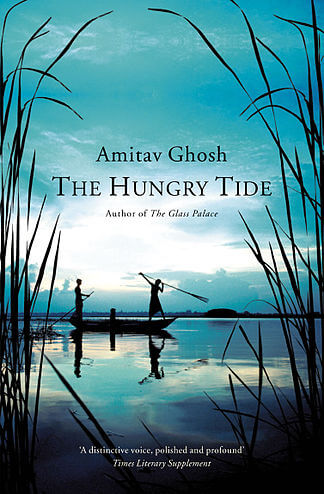 The Hungry Tide
The Hungry Tide
Amitav Ghosh
Genre: Fiction
Set in the 70s against a backdrop of the Sunderbans, in West Bengal, Amitav Ghosh’s the Hungry Tide skillfully weaves together the narrative of three characters, a marine biologist, a fisherman and a translator. The book offers rich details of Sunderbans’ natural history and the vagaries of the mangrove ecosystem, as also the political problems arising from its location on the border of India and Bangladesh. The novel is a riveting inspiration for those visiting the Sunderbans and is full of the emotional drama between the characters, making for an ideal travel read.
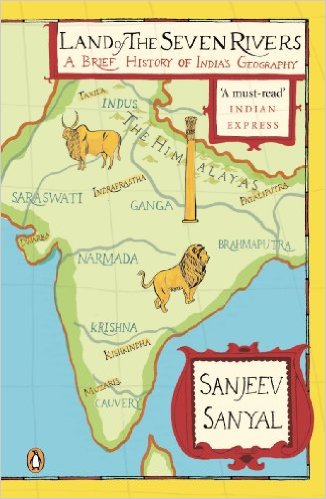 Land of the Seven Rivers: A Brief History of India’s Geography
Land of the Seven Rivers: A Brief History of India’s Geography
Sanjeev Sanyal
Genre: Non-Fiction – History / Geography
India’s giddying history from its earliest civilization to its present-day politics, is best understood in the context of its geography. Sanjeev Sanyal’s book tries to answer some of the many curious questions that define India in his book, Land of the Seven Rivers: A Brief History of India’s Geography. From how the country was named Bharat, to why the highest peak was named Mt Everest, from how the Dutch sailed to the subcontinent for trade in the early days to how the British colony laid down the railway lines – the book offers an interesting, witty look at India’s history and geography. The information gleaned from mythological lore anthropological theories, geological occurrences, historical documents and the author’s travels, serves as a delightful introduction to this rich, diverse country!
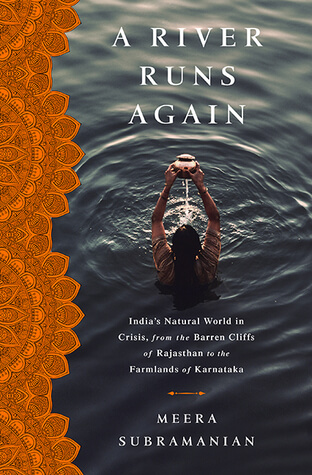 A River Runs Again: India’s Natural World in Crisis, from the Barren Cliffs of Rajasthan to the Farmlands of Karnataka
A River Runs Again: India’s Natural World in Crisis, from the Barren Cliffs of Rajasthan to the Farmlands of Karnataka
Meera Subramanian
Genre: Non-Fiction / Ecology
Exploring 5 themes through the 5 sacred elements – A River Runs Again is an iconic take on India’s environmental crisis. A narrative of India’s ecosystem on the brink between urbanization, development and overpopulation, it touchingly details the tragedy and offers a small hope against the country’s decline into environmental chaos. Written informatively, yet with a compassion and deep understanding of the short-sighted environmental strategies and their impact on real lives – a definitive work for readers interested in a stark, realistic picture of India’s ecological context.
